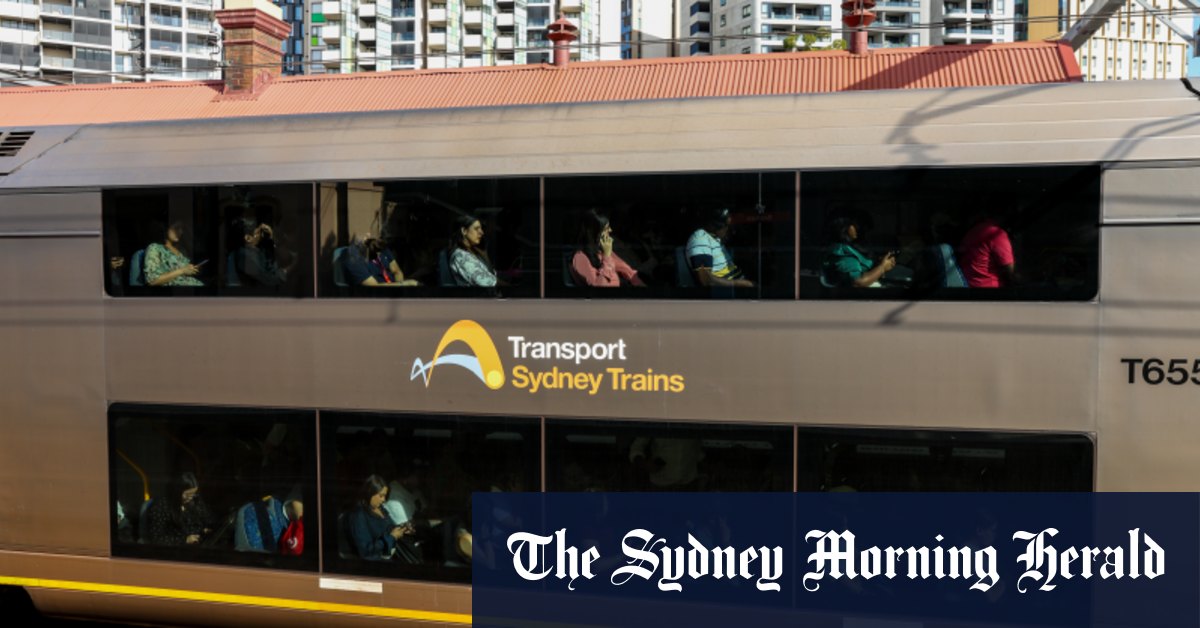Australia
Delays, cancellations as RTBU issues ‘go slow’ directive

The Rail Union Dispute in Sydney: A Detailed Analysis
Introduction: Understanding the Dispute
The current industrial action by the Rail, Tram, and Bus Union (RTBU) in Sydney stems from a breakdown in negotiations with the state government. The union’s decision to slow down train services and the subsequent cancellation of over 350 services by morning peak hours have significantly impacted commuters. This action reflects a contentious labor dispute, highlighting the tensions between worker demands and government constraints.
The Industrial Action and Its Impact
The RTBU instructed drivers to reduce speeds in zones exceeding 80 km/h by 23 km/h, leading to substantial delays. Additionally, when the government withheld payment for participating workers, the union advised drivers to absent themselves, resulting in widespread service cancellations. This strategy, albeit effective in disrupting services, has caused considerable inconvenience to the public, especially during peak hours.
Communication and Leadership Dynamics
A contentious element arose with a message from Adam Doyle, a union convenor, urging drivers to disrupt the network. However, union secretary Toby Warnes disavowed knowledge of this message, suggesting possible internal communication issues or autonomous actions by Doyle. This disconnect adds complexity to the union’s stance, potentially indicating internal strife.
Negotiation Breakdown and Government Stance
The government cited an eleventh-hour demand by the union for a $4500 bonus per worker as the reason for negotiation collapse. This unforeseen request, not previously part of discussions, led to the government’s refusal, exacerbating the standoff. Both parties appear entrenched, with the government emphasizing the absence of such terms in prior negotiations.
Consequences for Commuters and the Broader Economy
The disruption severely affects commuters, who face limited alternatives in Sydney’s transport network. The impact extends beyond individual inconvenience, potentially affecting the economy as productivity losses mount. Public opinion may swayed based on perceived support for workers’ rights versus governmental fiscal responsibility.
Path Forward and Considerations
Resolution likely requires renewed negotiations, possibly mediated, to bridge the gap between the union’s demands and governmental constraints. Exploring non-monetary incentives or alternative union strategies could mitigate commuter impact while maintaining pressure on the government. Safety and public relations are crucial factors influencing both parties’ strategies.
Conclusion: The Need for Dialogue
The standoff underscores the need for transparent communication and creative problem-solving to address worker concerns without crippling public services. Both parties must engage in constructive dialogue to find a balanced solution, considering the broader implications for the city’s economy and social fabric.